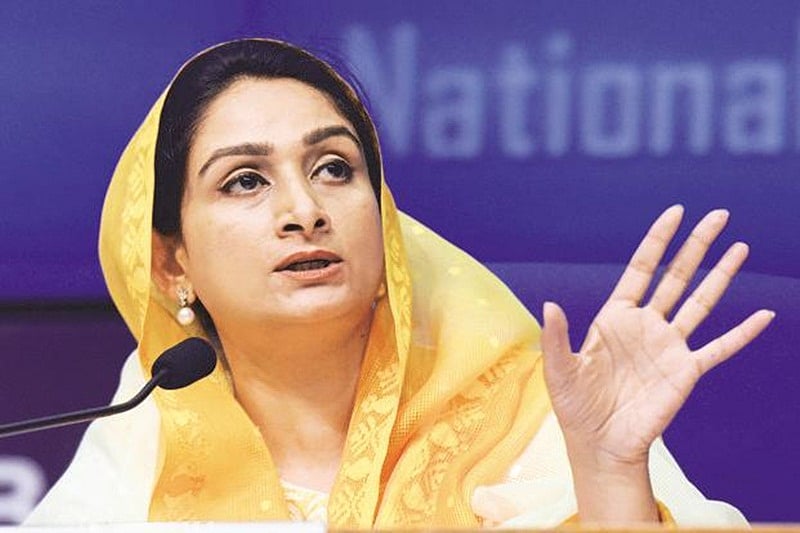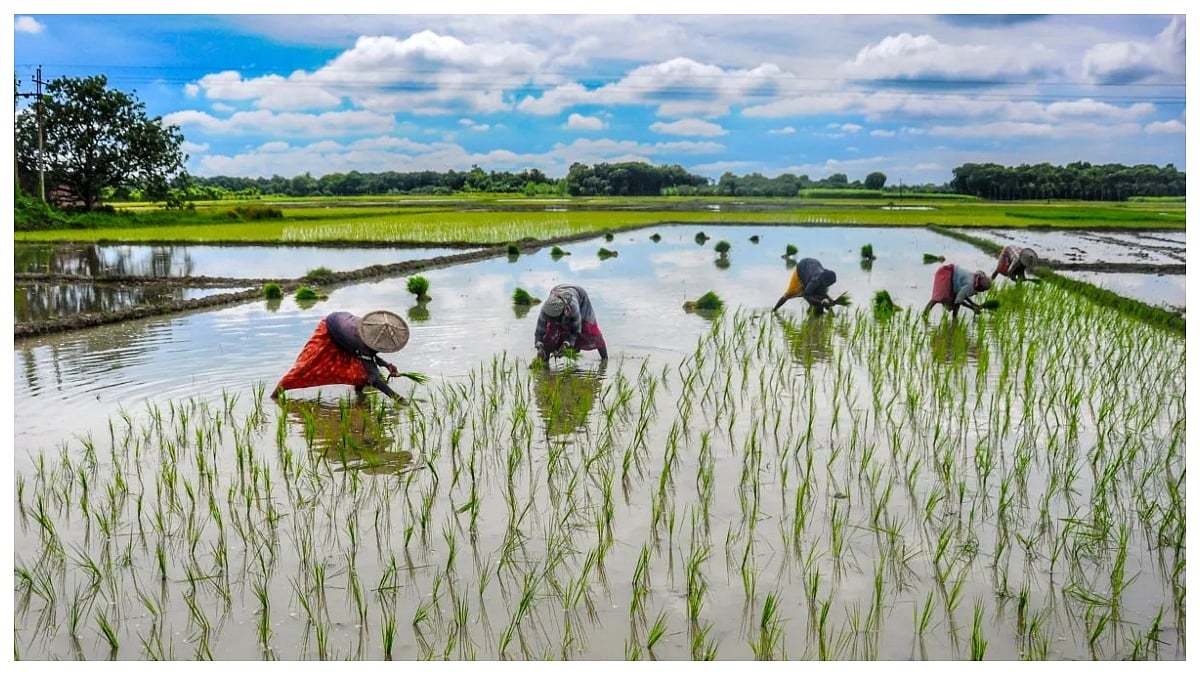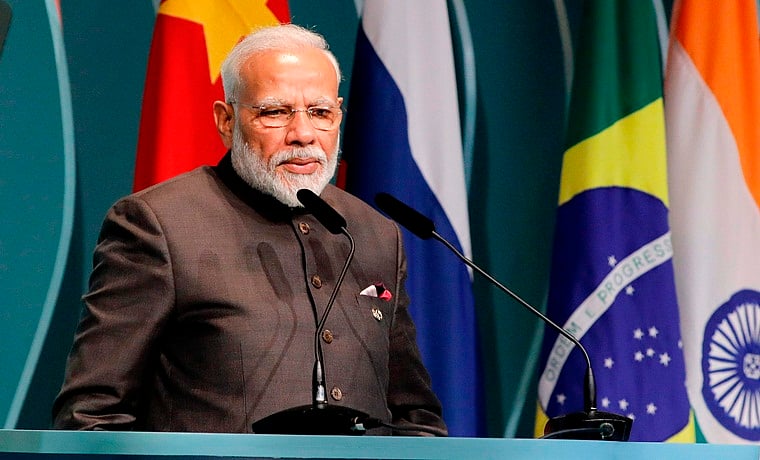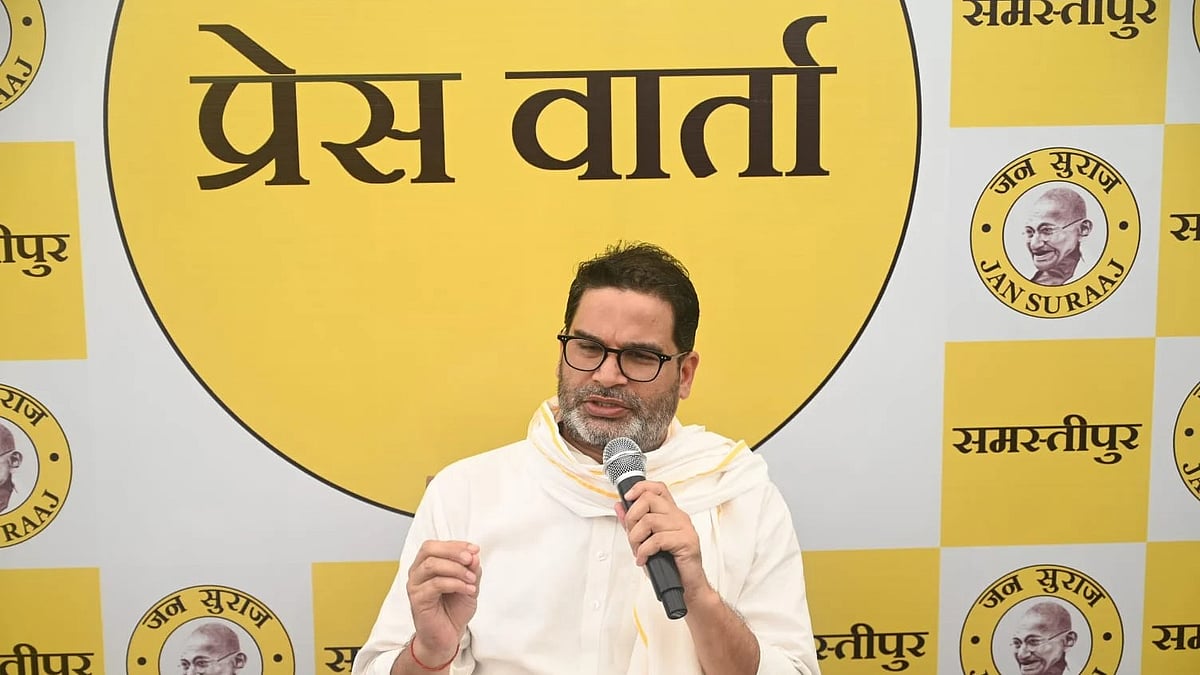The BJP’s longstanding ally in the National Democratic Alliance, the Akali Dal’s decision to pull out its lone minister Harsimrat Kaur Badal from the Union council of ministers is, on the face of it, a blow to the BJP at least in the short run. It is a clear attempt by the Akalis to ingratiate themselves to the substantial vote bank of farmers but only time will tell whether the decision will hit the BJP or prove to be a blessing in disguise.
Under the shadow of the Akalis, the BJP has hardly grown in Punjab which is also a reflection of the absence of a charismatic leader at the regional level. That the Akali Dal, which has long burnt its bridges with the Congress, could still review its break with the BJP is hinted at by the fact that the party has not quit the NDA just yet. It is apparently a game of wait and watch. The contentious points in the rift were the three bills pertaining to farmers that were passed by the Lok Sabha on Thursday, even as the Akalis made known their opposition to them. The BJP, which lacks a majority in the Rajya Sabha, could face difficulty in getting the bills through the Upper House.
Some Opposition parties, including the Congress, claimed the bills breached federal principles and encroached on states' domain. They said the proposals would hit farmer interests, abolish Minimum Support Price (MSP), facilitate entry of private companies and lead to contract farming. The farm bills passed by the Lok Sabha are the Essential Commodities (Amendment) Bill, the Farmers Produce Trade and Commerce (Promotion and Facilitation) Bill and the Farmers (Empowerment and Protection) Agreement on Price Assurance and Farm Services Bill.
Harsimrat’s husband Sukhbir Singh Badal, who is the leader of the Akali Dal in the Lok Sabha, while strongly opposing the bills said these would 'destroy' the agriculture sector in Punjab. Considering that the NDA had been breached last year too, when the Shiv Sena had joined forces with the Congress and the NCP, breaking its alliance with the BJP, the Akali Dal’s estrangement with the BJP in Punjab raises fresh questions of the BJP’s lack of cohesion within the NDA.
For the Akalis who face an existential crisis, with the Congress strengthening its hold over Punjab under Amarinder Singh, farmers are the largest chunk of their vote bank. Having enjoyed power for two successive terms, from 2007 before its rout in 2017, the party will face an acid test in the next election. In 2012, the Akali-BJP alliance secured only 15 per cent of the seats in the assembly while the Congress, buoyed by Amarinder’s leadership, recorded its most spectacular win since 1957. Corruption under the Akalis was what let them down the most and the BJP’s influence on the regime was marginal. While the Akalis are gambling on farmer support, the BJP needs to pull out something extraordinary to regain lost ground.
Amarinder has said on a couple of occasions that he may retire and may not vie for chief ministerial office. That has fuelled the ambitions of the Akalis, as well as the BJP, to bounce back into reckoning. The Amarinder Singh government came to power riding on popular discontent with the shoddy governance of the Akali-BJP dispensation as its leitmotif. At the same time, much had been made of the Congress promise to root out the menace of narcotic drugs. As things stand, that promise has been belied and drugs smuggling from across the border has not abated.
The Akalis were groping for an issue to bank upon in the next elections. They reckon now that the unhappiness of the farmers with the legislation brought by the BJP could be exploited to their advantage. The prime fear of the farmers is that they will no longer get a minimum support price and the commission agents will lose their commission. The BJP has time to allay their fears and to reassure that the minimum support price will be maintained. According to a Punjab Agricultural University study, there are over 12 lakh farming families in Punjab and 28,000 registered commission agents. A large part of the state’s economy rests on funds infused by central procurement agencies such as Food Corporation of India (FCI).









